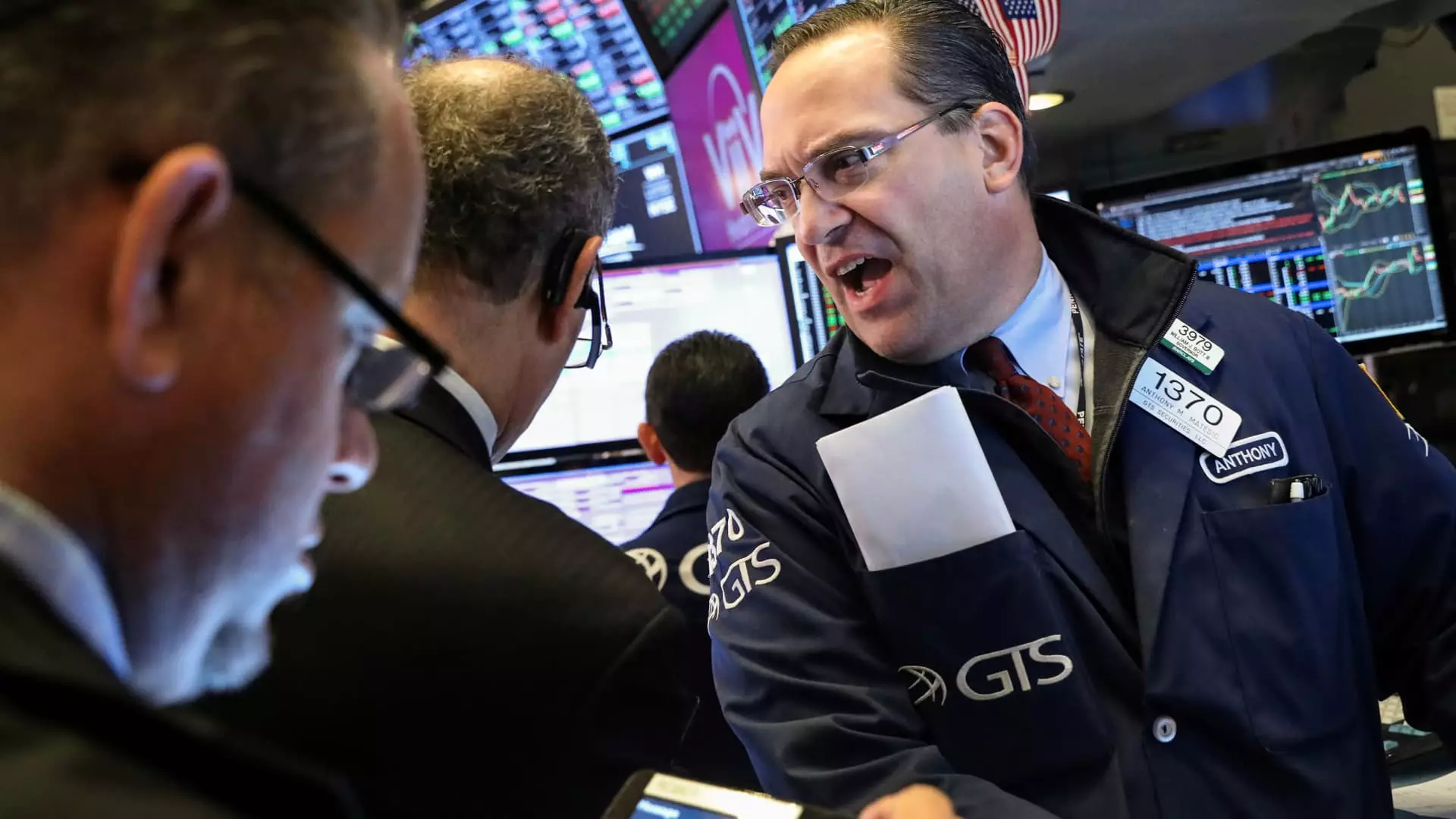As a renowned expert in stock market crashes, the question of when the next crash will occur is a common one. A crash is typically the result of several key elements aligning in the market. Firstly, a frothy stock market tends to precede a crash. Historical data shows that some of the biggest crashes followed significant rallies in the Dow Jones Industrial Average. Similarly, rising interest rates and the introduction of new financial instruments that inject leverage into the system are also factors that contribute to a potential crash.
One of the most unpredictable elements in forecasting a crash is the catalyst. This could be triggered by various events such as natural disasters, geopolitical turmoil, or legal issues. The catalyst often has little to do with financial markets but can significantly impact market sentiment and trigger a crash. It’s essential to consider these external factors when assessing the likelihood of a crash.
As of now, the elements for a potential crash are aligning, raising concerns among investors. The S&P 500 has experienced a significant rally since March 2020, with a forward price-to-earnings ratio that is at its highest level since 2001. Additionally, the yield on the 10-year Treasury has quadrupled in the last three years, signaling a shift in interest rates. The private credit market has also emerged as a potential risk factor, with hedge funds acting as banks and making risky loans.
In light of these warning signs, it’s crucial for investors to respond prudently. Rather than making hasty decisions based on fear or speculation, investors should focus on maintaining a well-diversified portfolio. A traditional 60/40 portfolio can still be effective in mitigating risk during market downturns. It’s also important to avoid becoming overweight in high-flying stocks and to stick to a long-term investment plan.
Looking back at past crashes, it’s clear that the stock market has eventually recovered from every downturn. While crashes can be painful in the short term, they have often presented buying opportunities for savvy investors. Staying invested in the market, even during turbulent times, has historically been a wise decision.
While the elements for a stock market crash may be aligning, it’s essential for investors to remain calm and focused on their long-term financial goals. By maintaining a diversified portfolio, avoiding speculative behavior, and staying disciplined in their investment approach, investors can navigate market volatility and emerge stronger in the long run.

